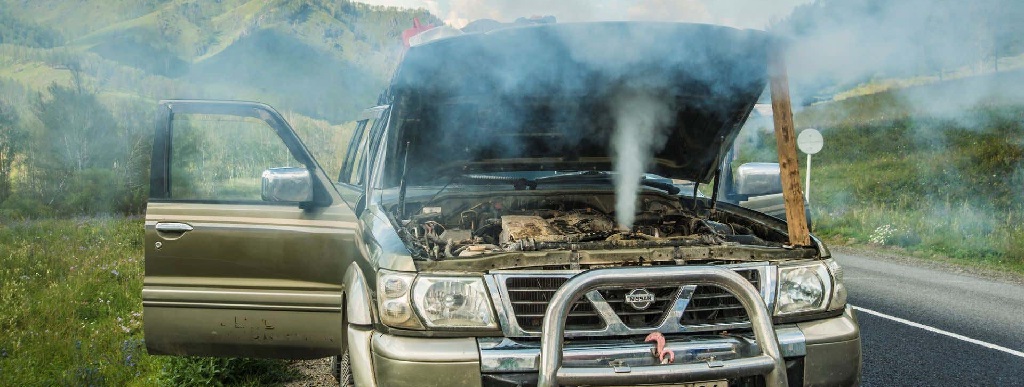
The do’s and don’ts of what to do if your car overheats
A little white smoke starts to erupt from the engine, or perhaps you smell burning while driving, and you’re forced to stop. But now what? The family vacation is in jeopardy. Before an engine overheats, make sure you know what’s coming.
What to do during an engine overheating situation?
Turn the heat up and the air conditioner off:
Reduce the stress on your engine by turning off the air conditioning as soon as you detect it getting too hot in your car. To assist in keeping your engine a little cooler while you wait to pull over, turn your heater up to the highest setting. Even if it’s unpleasant at first, it’s far preferable to costly engine repairs.
When it’s safe to do so, pull over:
As soon as you can, turn off your vehicle. Allow the engine to cool for at least fifteen minutes when it’s safe to do so, and keep an eye on the temperature indicator. Get a plan ready for dealing with your overheated engine while you’re waiting. This type of automotive issue doesn’t go away on its own, and it usually indicates that there is a problem with your car. If you need roadside help, call a tow truck or visit your local area service center.
Make sure the cooling system has enough coolant and then add more (if available):
Checking your coolant levels and adding more if necessary will help keep your engine safe until the problem is rectified. If your vehicle’s coolant hose is clogged or the water pump or radiator fan is broken, this won’t help much. Consult your owner’s manual to discover your vehicle’s coolant reservoir tank and learn how to top it off. If self-help isn’t something you’re comfortable with, ask for help from your local service center!
Restart the engine if necessary:
Can’t you get your car towed? You should wait until your vehicle has cooled down before you resume it and travel to your local service center. Then, pull over and let the system cool if it starts to climb again.
When your engine overheats, avoid these mistakes.
Avoid panicking:
When your automobile starts to overheat, it’s normal to become agitated. However, you should always pull over and turn off your vehicle gently and carefully.
DON’T drive any further:
The more time you drive with your engine overheating, the more severe and long-lasting the consequences will be after arriving at your destination. Even if you succeed in getting there, you risk doing something to your car that you will later regret.
RESIST the urge to pop the hood right away:
Allow the engine to cool completely before attempting to open the hood. Stay calm and wait for the smoke or steam coming from your car to pass before getting out. Before you start looking under the hood, wait until the temperature gauge shows a low reading.
DON’T disregard the problem:
An overheating engine will not go away on its own even if you add some coolant to it. If you ignore it, it will only get worse. Find the source of the problem to prolong the life of your engine. Bring your automobile to a mechanic for an initial checkup so that an expert can resolve the issue and get your car back on the road safely.









